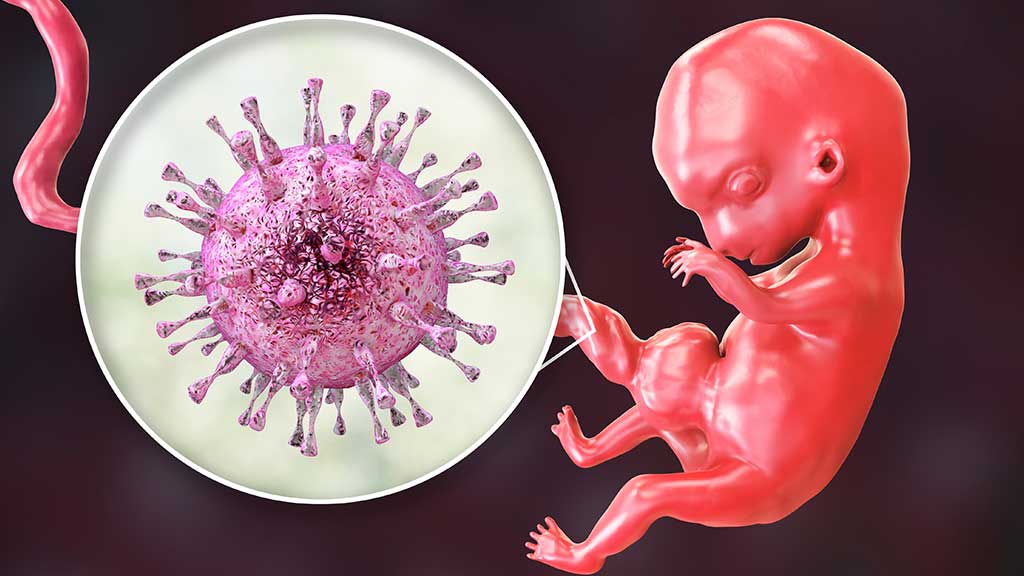
Cytomegalovirus (CMV) is a common virus that can infect almost anyone. Once infected, your body retains the virus for life. Most people don't know they have CMV because it rarely causes problems in healthy people.
But if you're pregnant or have a weakened immune system, CMV is cause for concern. A woman who develops an active CMV infection during pregnancy can pass the virus to her baby, who might then experience signs and symptoms. For people with compromised immunity, especially due to organ transplantation, CMV infection can be fatal.
CMV spreads from person to person through body fluids, such as blood, saliva, urine, semen and breast milk. There's no cure for the virus. However, medications can help treat newborns and people with weak immune systems.
Most people infected with CMV who are otherwise healthy experience few if any signs and symptoms. People at greater risk of signs and symptoms of CMV include:
Babies
Most babies with congenital CMV appear healthy at birth.
A few babies with congenital CMV who appear healthy at birth can develop signs over time — sometimes not for months or years after birth. The most common of these late-occurring signs are hearing loss and developmental delay. A small number of babies may also develop vision problems.
Babies with congenital CMV who are sick at birth tend to have significant signs and symptoms, including:
People with weakened immunity
If your immune system is weakened, you might experience more-serious signs and symptoms affecting your:
Otherwise healthy adults
Most people infected with CMV who are otherwise healthy experience few if any signs or symptoms. When first infected, some adults may have symptoms similar to infectious mononucleosis, including:
CMV mononucleosis is less likely than infectious mononucleosis to cause enlarged lymph nodes and spleen.
See your doctor if:
If you have CMV but are otherwise healthy, and you're experiencing any mild, generalized illness, you could be in a reactivation period. Practical self-care, such as getting plenty of rest, should be enough for your body to control the infection.
CMV is related to the viruses that cause chickenpox, herpes simplex and mononucleosis. CMV may cycle through periods when it lies dormant and then reactivates. If you're healthy, CMV mainly stays dormant.
During activation you can pass the virus to other people. Casual contact doesn't transmit CMV. The virus is spread through body fluids — including blood, urine, saliva, breast milk, tears, semen and vaginal fluids.
Transmission might occur through:
CMV is a widespread and common virus that can infect almost anyone. Most healthy children and adults who contract the virus have few if any symptoms, so CMV often goes undiagnosed.
Complications of CMV infection vary, depending on your overall health and when you were infected.
Otherwise healthy adults
Rarely, CMV causes a healthy adult to develop mononucleosis. Other rare complications for healthy adults include problems with the digestive system, liver, brain and nervous system.
People with weakened immunity
Complications of CMV infection can include:
Infants with congenital CMV
Complications are more likely to develop if the infant's mother had a primary CMV infection during pregnancy, rather than a reactivated infection. Complications for the baby can include:
Careful hygiene is the best prevention against CMV. You can take these precautions: